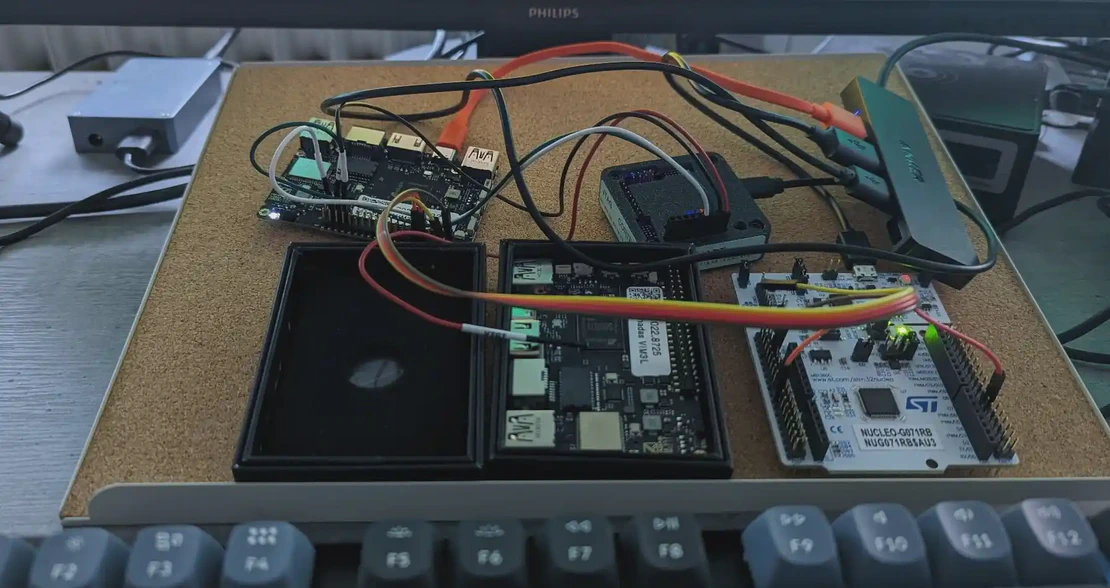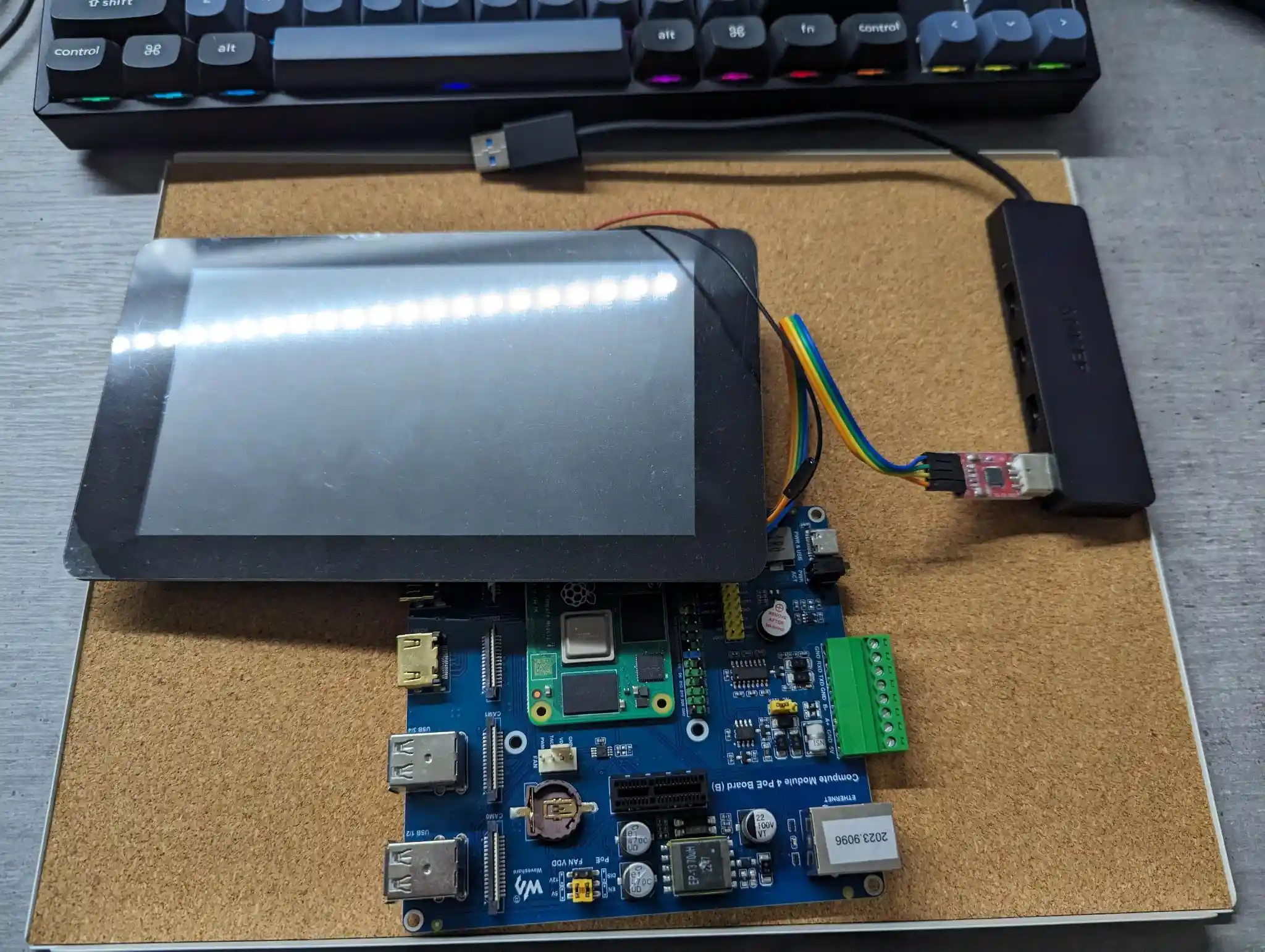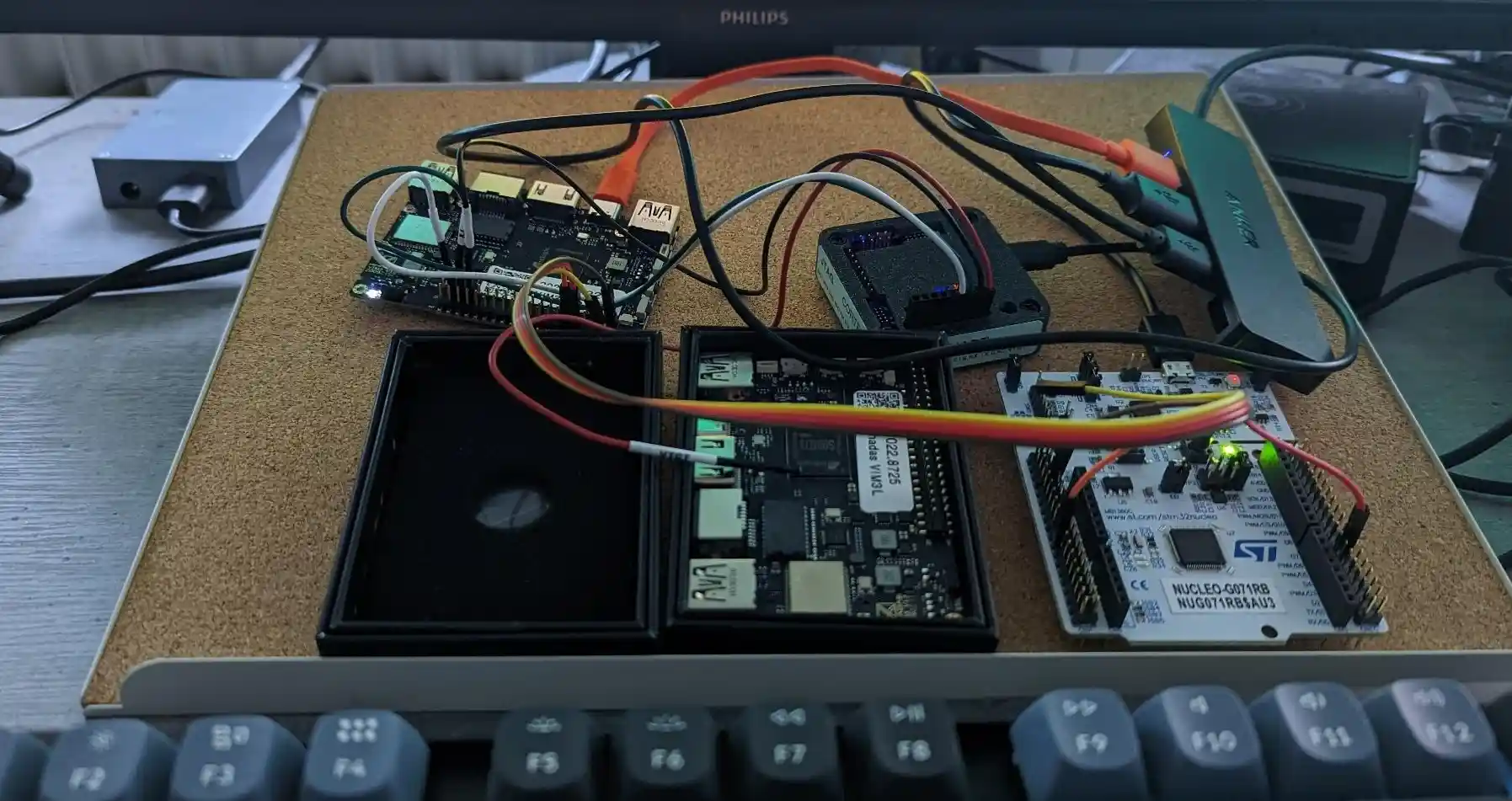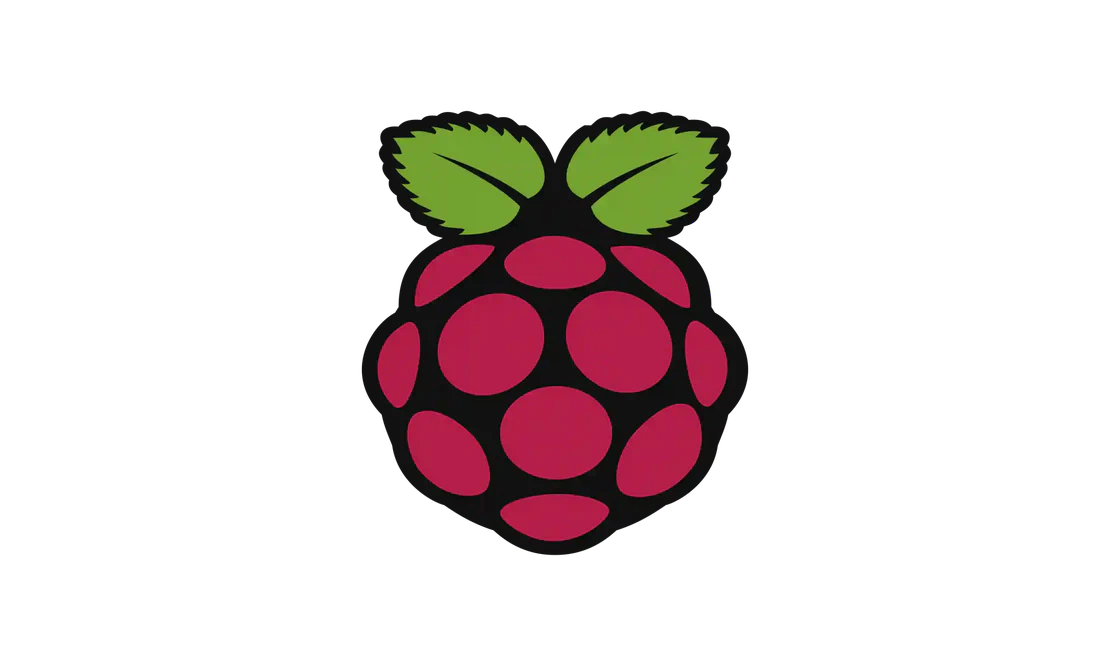
Organizing My Desk as an Embedded Engineer
- Anna-Lena Marx
- Embedded
- August 9, 2023
Table of Contents
As an embedded dev, my desk is always a mess (and I think the ones of my colleagues, too). Working with real hardware leads straight to a number of boards, additional debuggers, tools, cables and more. And of course, as the most developers, I have a number of work projects and another of private ones. Even worse, I’m working from home for a good share of my time, so both kinds contribute to the mess there. Managing this is a constant effort and fight, but rarely successful.
The Idea
Some time ago, I saw an interesting approach to handle the hardware project mess in Jay Carlson’s Blog on his home office setup for embedded projects. I liked his idea of using lunch trays and a matching rack a lot, as it helps from my point of view with several pain points:
- one project per tray
- no need to disassemble the setup when switching between projects
- neatly storing projects without mess on the desk
- easy switching between projects and setups
But for me, lunch trays and the rack are a bit too large. Nevertheless, the idea stuck in my head, so I searched for alternatives and came up with the IKEA letter tray Kvissle. It’s cheap, not that large and space consuming as the lunch tray rack, but the single trays are in general, large enough for my projects. And as a plus, they have a cork inlay. Cork is antistatic, which makes it perfectly suitable for electronics.
And the Result
A cleaner, more organized desk! And less effort switching between (hardware) projects.


To Improve
Of course, there are always things to improve, to get the tray solution even more helpful. On my list are:
- better USB hubs
- getting more Tigard and Saleae test leads, USB-UART converters and similar tools, so the wiring (and inexpensive tools) can stay per tray while the expensive tools can be moved easily
- fixating boards and debuggers
On the software side, evaluating Labgrid, a library for automating embedded development and testing, is on top of my list.
In the End
I’m very happy with the tray approach. It helps me a lot to keep projects, hardware and my desk organized. Meanwhile, I got even letter trays for the office. Besides my, colleagues and especially students use them to store their projects while they are not working, so there are no desks blocked.
Related Posts

Raspberry Pi für die professionelle Produktentwicklung - Eine gute Idee?
- Anna-Lena Marx
- May 10, 2022
- Embedded , Conferences
Maschinen und Geräte durch Vernetzung und Software aufzuwerten ist ein Kerngedanke des IoT. So werden die resultierenden Projekte häufig aus der Fachdomäne mit dem Wunsch nach schnellen und einfachen Erfolgen gestartet. Die Idee liegt dann nahe den beliebten Raspberry Pi als Basis zu nutzen. Das Gerät ist ja bekannt, fast alles wurde schon einmal von irgendwem gemacht und ins Netz gestellt. Klingt fast zu schön, um wahr zu sein - ist es auch aus professioneller Sicht. Die Gründe hierfür und welche Faktoren bei der Entscheidung für eine Hard- und Software-Plattform als Basis für ein IoT Produkt berücksichtigen werden sollten, sind Inhalt des Vortrags.
Read Post
Embedded World 2024
- Anna-Lena Marx
- April 24, 2024
- Embedded
While I’m a regular visitor of the Embedded World Exhibition, this year was different. I had not only a more business-focused visit with lots of meetings with old and new partners and customers, but I also had the chance to serve rather spontaneously as a speaker, or better “Table Captain,” at the second edition of Embedded World’s women networking event #women4ew. Thus, I want to recap both parts separately and make a reference to what changed in contrast to my experiences outlined in the recently published post on International Women’s Day.
Read Post
Building Trust - Use Cases and Implementation of TPM 2.0 in Embedded Linux Systems
- Anna-Lena Marx
- May 16, 2025
- Embedded , Conferences
Artwork by: Sparkelle (Yan) — Licensed under Creative Commons BY-SA 4.0
As embedded systems become increasingly interconnected, the demand for robust platform security and integrity has surged. Trusted Platform Modules (TPM), currently in version 2.0, are becoming increasingly beneficial for enhancing security in embedded systems. TPMs provide hardware-backed mechanisms for critical functions such as random number generation, cryptographic key generation, key binding and data sealing.
Read Post